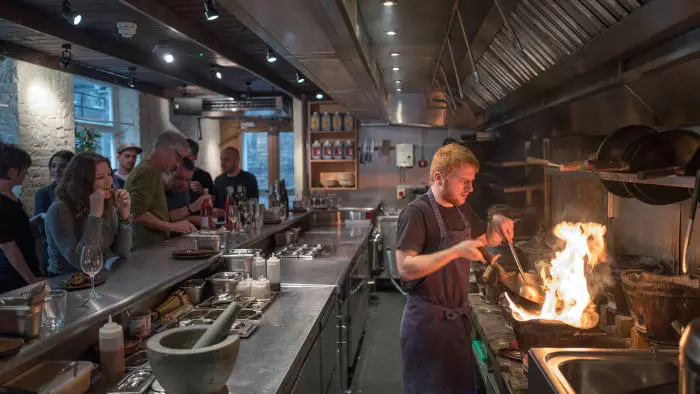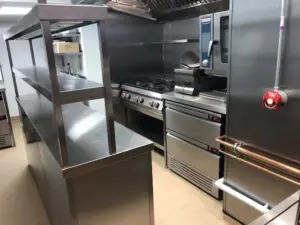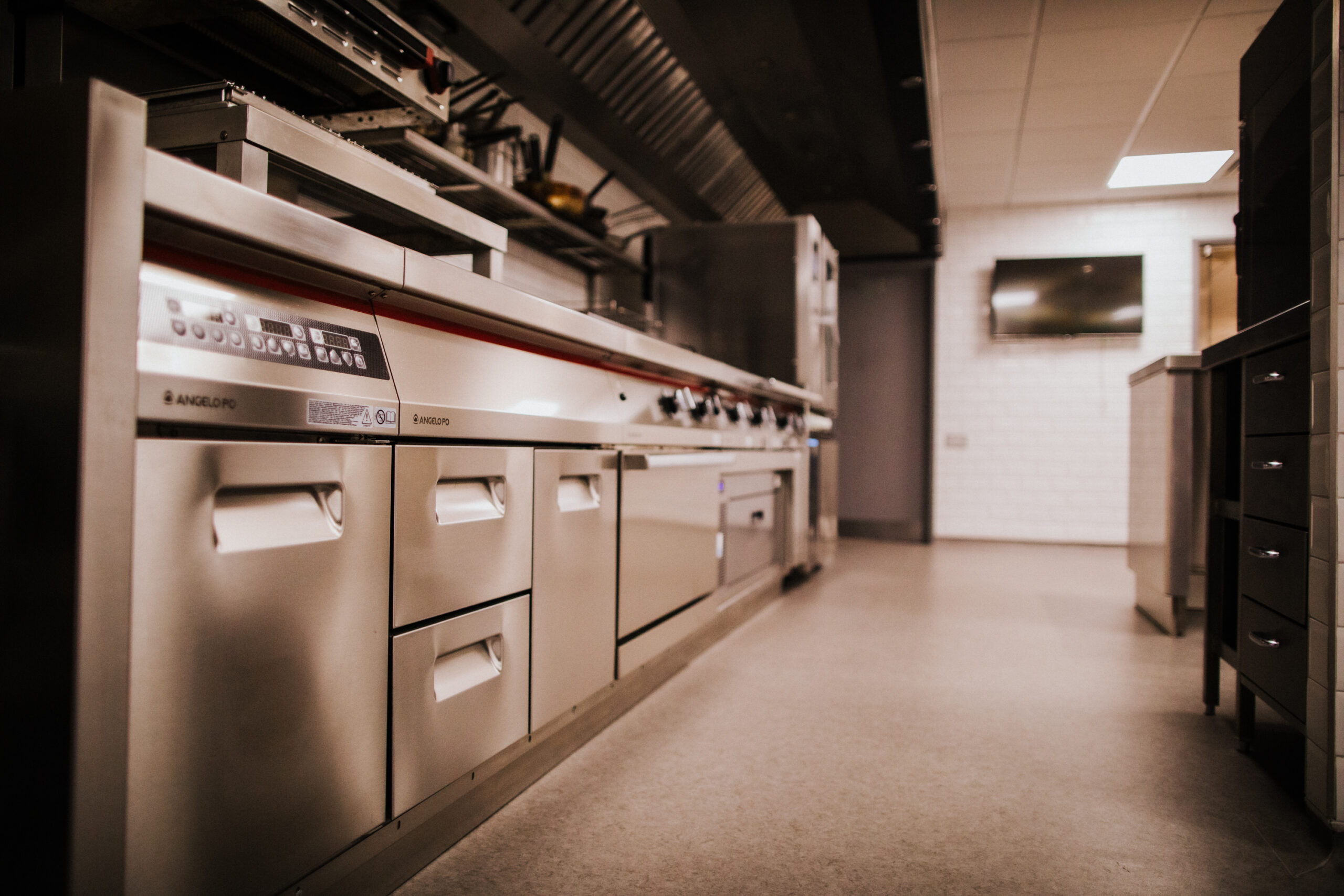Running a successful restaurant or food service establishment involves more than just cooking great food; it also requires maintaining your commercial kitchen equipment to ensure it performs at its best. Neglecting regular maintenance can lead to unexpected breakdowns, costly repairs, and downtime that can hurt your bottom line. In this post, we’ll explore the top five maintenance tips that can help extend the life of your commercial kitchen equipment and keep your kitchen running smoothly. Read on to learn more.

Establish a Routine Maintenance Schedule
Consistency is key when it comes to maintaining your commercial kitchen equipment. Create a comprehensive maintenance schedule that outlines when each piece of equipment should be inspected, cleaned, and serviced.
It’s essential to follow the manufacturer’s recommendations for maintenance intervals, as they know their products best. Regular maintenance can prevent minor issues from escalating into major problems and ensure that your equipment operates efficiently.
2. Keep it Clean
A clean kitchen is a happy kitchen, and that applies to your equipment as well. Regular cleaning not only keeps your kitchen hygienic but also extends the life of your equipment. Here are some cleaning tips for specific types of equipment;
- Ovens and Ranges:
Remove any food debris, grease, and spills daily. Clean the burners, grates, and oven interiors regularly. A clean oven will heat more efficiently and evenly.
- Refrigerators and Freezers:
Keep these units organised and clean to prevent airflow blockage and overloading. Clean condenser coils at least twice a year to ensure efficient cooling.
- Dishwashers:
Clean filters and spray arms regularly. Remove and clean the dishwasher’s interior components, including racks and nozzles, to prevent buildup and ensure proper cleaning.
- Grills and Griddles:
Scrub the grates and surfaces after each use. Regularly clean the grease traps and remove excess grease buildup.
- Fryers:
Change the oil regularly, as recommended by the manufacturer. Clean the fryer baskets, heating elements, and oil tanks to prevent the buildup of carbon and grease.
3. Conduct Thorough Inspections
Regular inspections can help you identify issues early and prevent costly breakdowns. Inspect your equipment for signs of wear and tear, loose or damaged parts, and unusual noises. Pay attention to temperature discrepancies in refrigerators and ovens, as these can indicate underlying problems. Address any issues promptly by either repairing or replacing the equipment.
4. Train Your Staff
Your kitchen staff play a crucial role in equipment maintenance. Ensure that your team is well-trained on how to operate, clean, and handle equipment correctly. Encourage them to report any issues or malfunctions immediately. Training your staff not only prolongs the life of your equipment but also enhances safety in the kitchen.
5. Professional Maintenance Services
While regular cleaning and inspections can go a long way, it’s essential to have professional technicians perform periodic maintenance and repairs. Commercial kitchen equipment is complex, and experienced technicians can identify and address issues that might go unnoticed otherwise.
Here at Advance Catering, we provide professional kitchen maintenance services. With over 38 years of experience, we’re the leaders in commercial kitchen maintenance and servicing, handling 25,000 service calls annually.
Contact Us Today
To find out more about our commercial kitchen equipment maintenance services, please contact us via the online form on our website or call us on 01582 958 300. We’re happy to assist you and discuss your requirements in more detail.

















